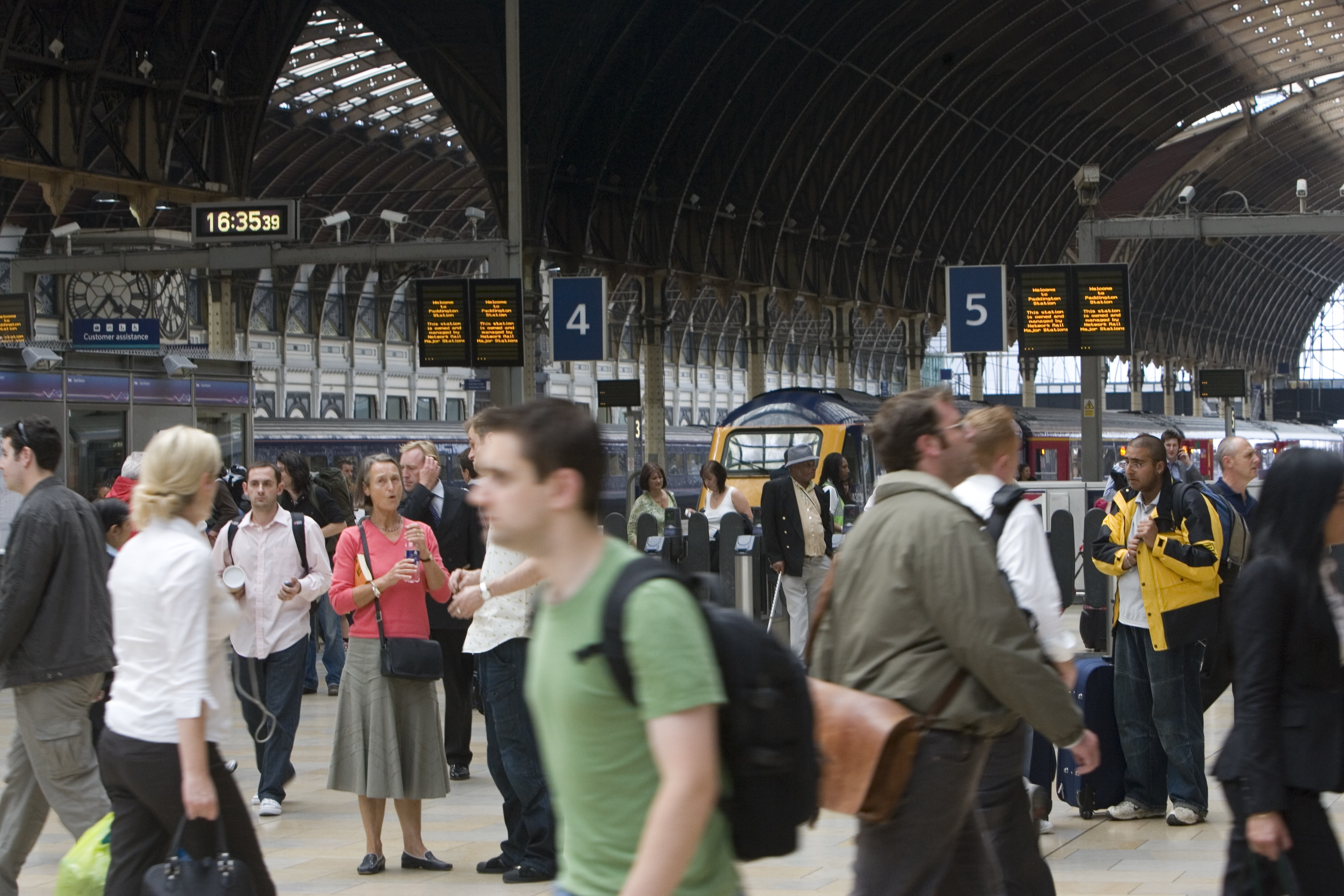It has been known for a while that the UK government wants more control over rail transport, but if it depends on the opposition Labour Party, that will effectively come about when it returns to power. So write British media such as The Guardian and the BBC.
If Labour is again in government, it wants to nationalize the entire UK train network within five years, with a pledge to guarantee the cheapest fares as part of “the biggest reform of our railways for a generation.”
Public discontent
That the plans are surfacing just now is no coincidence. During the May Bank Holiday, staff at 16 train companies in the UK will take part in rolling one-day walkouts between May 7 and 9, affecting pay and working conditions. Add that in the last 12 months, 33% of UK trains have failed to arrive on time, and one in 30 trains has been canceled, and you get a picture of why public discontent with Britain’s railways has been stretched to the limit.
Opposition Labour is now throwing more fuel on the fire over the debate on the impact of privatizing Britain’s railways. Should it come back to power at the next election, which must be held no later than 28 January 2025, it will ensure that all passenger railways return to national ownership under Great British Railways once the contracts with private operators have ended.
However, Labour would still allow privately funded “Open Access operators,” such as Hull Trains and Limo, to continue. Open Access operators currently run a relatively small number of services and often compete with franchised operators.
Nationalizing rail transport companies or rolling stock companies is not part of the plans.
Automatic refund for delays
Furthermore, Labour wants to cut waste and claw back shareholder dividends, saving 2,2 billion pounds yearly. It also wants to set up a watchdog, the Passenger Standards Authority, and promises passengers ticket guarantees at the best price, an automatic refund for delays, digital season tickets, and improved internet connections across the network.
“It is passengers who pay the price, through being stranded because of cancellations, through being unable to work as they travel because there’s no internet, through overcrowded and unpleasant trains,” as shadow transport secretary Louise Haigh, known as one of the most left-wing remains members of the shadow cabinet with close links to the unions, is quoted in The Guardian.

“Unfunded”
Current Minister of Transport Huw Merriman has dismissed Labour’s plans as “pointless” and “unfunded.” “They don’t have a plan to pay for the bill attached to their rail nationalization,” he said to the BBC. “Without a plan to pay for this, it means one thing: taxes will rise on hard-working people.”
In contrast, various rail industry figures reacted positively to Labour’s plans. However, private rail companies were dismayed by the news that train operating contracts would be returned to public hands once the contracts were expended. They argue that nationalization is a political rather than a practical solution which will increase costs over time.
Massive growth vs lower punctuality
The British railway system was first nationalized in 1948 and then reprivatized in 1993, a process that was largely completed by 1997. Ownership has always been hotly contested. On the one hand, the British railway has seen a massive growth in rail usage since it was privately owned; on the other hand, it also received a lot of criticism because of higher fares, lower punctuality, and increased rail subsidies (11 billion pounds for 2022-2023).
Four significant operators, including TransPennine Express, have also been taken under public control and run by the government’s Operator of Last Resort model.
The current conservative Rishi Sunak government has promised to set up a new public sector body, the Great British Railways, responsible for rail infrastructure and awarding contracts to private companies.
According to the BBC, the plans were initially announced in 2021 but have been delayed. Although a draft bill to implement the proposal has been published, it is unlikely to become law before the general election expected this year.
Moreover, the current ‘troubles’ at the Litchurch Lane rolling stock facility and the cancellation of the northern section of the HS2 high-speed rail project have cast a dark shadow over the UK train manufacturing sector.




Comments
Ready to join the conversation?
You must be an active subscriber to leave a comment.
Subscribe Today